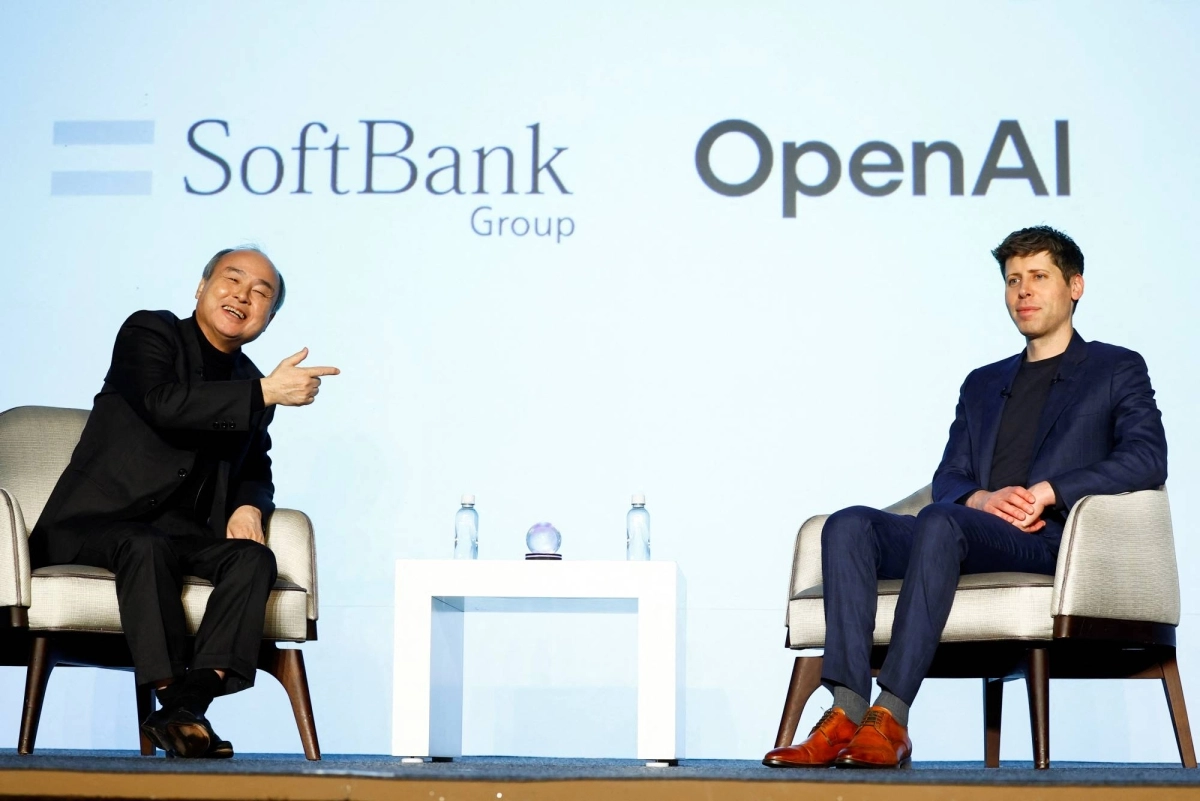
Masayoshi Son Proposes $1 Trillion AI Manufacturing Superhub in U.S.: A New Era for Global Tech Trade
By TradeInfo.online | International Trade Desk
SoftBank founder and visionary investor Masayoshi Son has announced a sweeping initiative that could redefine both international trade and the global technological supply chain. Unveiled at the recent SoftBank World event, the plan—titled “Project Crystal Landâ€aims to establish a $1 trillion AI and robotics manufacturing ecosystem within the United States.
This bold move, still in its early proposal stage, is designed to transform the U.S. into a self-sufficient powerhouse for AI chips, robotics hardware, and high-performance computing infrastructure. It reflects growing international efforts to de-risk supply chains currently dependent on Asia—especially China and Taiwan—for semiconductor manufacturing.
Why It Matters for Global Trade
The plan arrives at a time when AI-related manufacturing is becoming a cornerstone of strategic global competition. Project Crystal Land is more than an industrial proposal—it's a geopolitical trade maneuver. If realized, the project will shift the axis of AI hardware production westward, reshaping export-import flows, trade alliances, and foreign direct investment (FDI) dynamics.
According to early indicators monitored by the TradeInfo team, this move could localize a significant portion of the AI supply chain within the U.S., potentially reducing reliance on East Asian suppliers for advanced chip technologies.
Key Players & Strategic Moves
SoftBank is reportedly in early discussions with Taiwan Semiconductor Manufacturing Company (TSMC)—the global leader in advanced chip fabrication. TSMC already has a major footprint in the U.S. with over $160 billion committed to new fabrication plants in Arizona, set to begin mass production in 2025. If TSMC joins, it could act as a cornerstone for this AI superhub.
Samsung Electronics is also believed to be on Son radar, along with a mix of American, Japanese, and European tech companies. Son pitch includes calls for U.S. government partnership, alongside private sector investment, to bring the scale and urgency required to realize such an ambitious project.
TradeInfo Analysis: Game-Changer for U.S. Export Potential
From a trade standpoint, if the project materializes, it would boost U.S. AI hardware exports, create tens of thousands of high-skilled jobs, and draw massive infrastructure spending. It could reposition the U.S. as a net exporter of high-tech goods, rather than just a consumer—offering new trade routes, export documentation standards, and international logistics challenges.
The TradeInfo.online team continues to monitor for regulatory filings, partnership announcements, and government incentives that What Comes Next?
Masayoshi Son is no stranger to moonshot investments. His early bets on Alibaba and ARM showed his ability to see opportunity before others. “Project Crystal Land,†though staggering in scale, is rooted in genuine trade concerns: technological sovereignty, supply chain control, and AI leadership.
As of now, no concrete construction timeline or government endorsements have been confirmed. However, early dialogues with stakeholders have already begun. If even partially realized, the project would stand among the most transformative industrial trade Stay Updated
The TradeInfo.online editorial team will continue tracking this high-impact development. Bookmark this page and check back regularly as we follow new collaborations, legislative approvals, or global responses to what could become the AI manufacturing revolution of the 21st century.